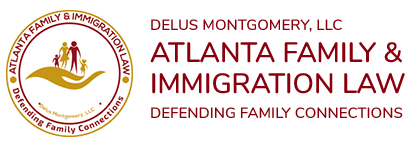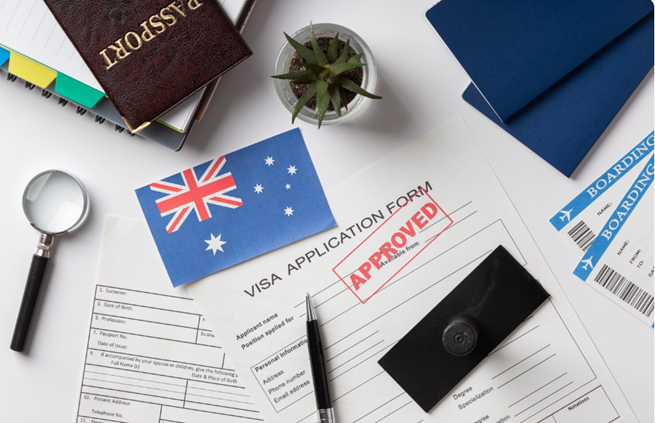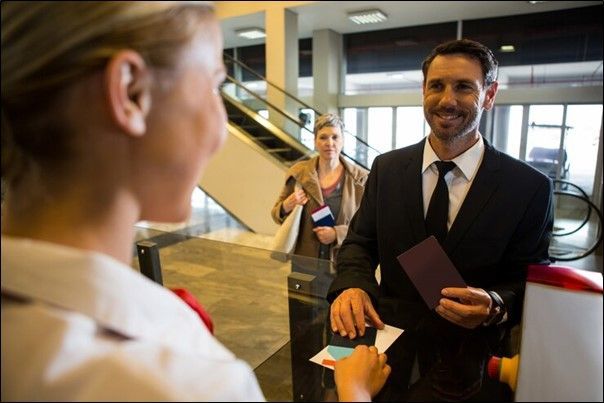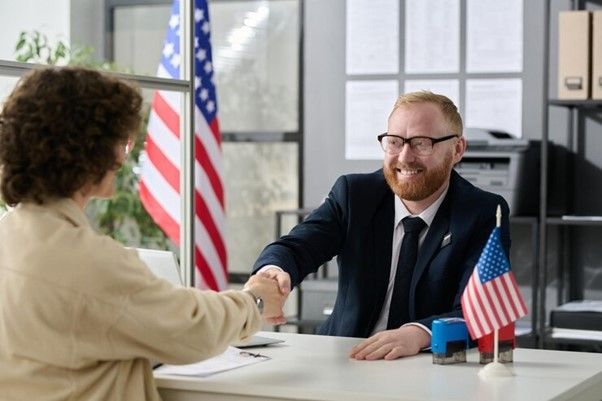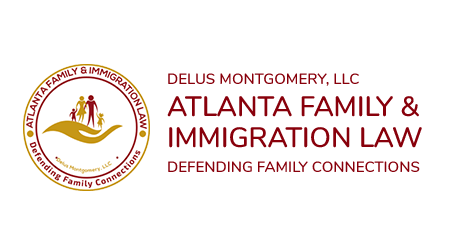FAMILY VISA
PASSIONATE ADVOCACY FOR IMMIGRANT EMPLOYEES
EMPLOYMENT IMMIGRATION ATTORNEYS IN ATLANTA


ATLANTA FAMILY VISA LAWYERS
No Matter How You Define Family
Whether you need help with bringing a loved one to the country, filing the correct paperwork for your visa, or any other type of issue related to a family visa, we can help.
When connections to family are at stake, every moment matters. Delays and missteps can cause heartbreak and frustration, as families who are working hard to remain together or reunite find themselves caught up in a process filled with complexities.
As you make decisions about your next steps and how to move forward, it's important to make sure you have chosen a legal team that understands the details of the legalities and your own needs as a family.
A lawyer who has familiarity with the family visa system is invaluable to moving through the process smoothly to get to the best possible outcome. You may hear conflicting advice, stories from other immigrating families who have been working on the family visa process, and even news stories that add confusion and stress to the process. A lawyer with experience in keeping families together can help set your mind at ease and provide you with the facts you need.
Contact us now.
What Family Members Can Sponsor Green Card?
If a U.S. citizen or permanent resident would like to sponsor a family member for a green card, they need to prove that they have one of the following relationships with the person looking to get their green card:
- Legal spouse
- Parent/child relationship
- Sibling (if the citizen is over 21 years of age)
Can a U.S. Citizen Sponsor a Family Member?
If a U.S. citizen (or permanent resident) has a family member that would like to move to the U.S., they can petition to bring them into the country. This is often referred to as “sponsoring.” There are limited familial relationships that qualify for a family visa.


What Is a Family Visa?
In the United States, a "family visa" refers to the documentation granted to a family member of a U.S. citizen or U.S. Lawful Permanent Resident (in other words, someone who holds a green card). Eligibility for this type of visa requires a sponsoring family member who is an immediate relative and at least 21 years of age.
A U.S. citizen is able to file a petition for a family visa for a spouse, son or daughter, parent, or brother or sister. A U.S. Lawful Permanent Resident can file a petition for a family visa for a spouse or an unmarried son or daughter. The process for filing these petitions varies based on where the family member is currently living. For those who are already living within the United States, an I-485 form can be used to apply for the family visa. This process is called "adjustment of status." When the family member is living outside of the United States, immigration involves going through "consular processing." In both cases, families will need to wait for a visa number to become available.
What Are the Types of Family Visas?
There are two types of family visas, and understanding the differences is an important part of navigating the immigration process.
An immediate relative family visa refers to a petition for a close family member such as a spouse, parent, or child. The number of immigrants in this category is not limited per fiscal year.
A family preference visa can be granted to a more distant relative. The number of immigrants granted these types of family visas is limited each fiscal year. For preference category relatives, the number of visas issued will be dependent upon the U.S. immigration quotas, which are determined by country of birth.
United States immigration law divides family relationships beyond spouse, minor child, or parent into four preference levels:
- Preference Level 1: Unmarried sons and daughters (21 years of age and older) of U.S. citizens
- Preference Level 2: Spouses and children (unmarried and under 21 years of age) of lawful permanent residents and unmarried sons and daughters (21 years of age and older) of lawful permanent residents
- Preference Level 3: Married sons and daughters of U.S. citizens
- Preference Level 4: Siblings of U.S. citizens (21 and older)
Those who are applying for a family preference visa may end up waiting years before one becomes available. Petitioners are granted a priority date based on the filing of the application. That date will be published on the Visa Bulletin. These dates change on a continuous basis and staying up to date on the most recent information is crucial.
Why Do I Need a Lawyer?
A lawyer can help you navigate the complex process of petitioning for a family visa. Getting the correct forms filed without any errors and knowing exactly what to expect from the process can make everything go much more smoothly. While dealing with the waiting and uncertainty of the U.S. immigration system can be a source of stress, having an experienced lawyer on your side can make things much easier to handle.


It's Never Too Early (or Late) to Reach Out to an Atlanta Family Visa Lawyer
Whether you are just beginning the family visa process or have been waiting for years to get more information after filing a petition, it's never too late to reach out to a lawyer. We understand what you are going through and are here to answer any questions, talk about your petition, and offer the advice you need.
Don't leave your dreams of living, working, and raising your family in the United States to chance and to the discretion of federal agencies. Let us help you understand your options and provide you with the immigration services atlanta ga you need.



